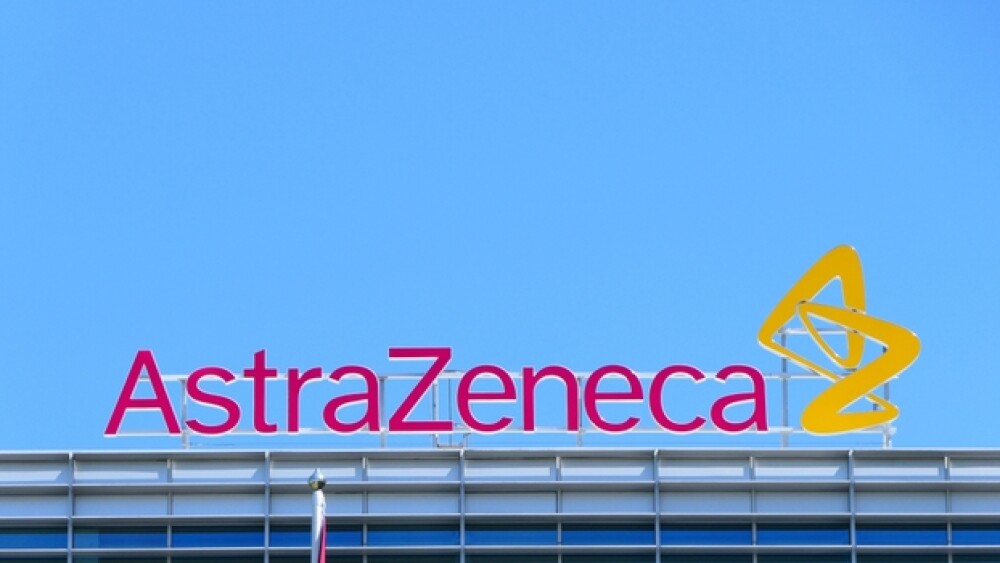AstraZeneca’s proposed treatment for heart disease delivered positive high-level results from its Phase III DELIVER trial of Farxiga. Here’s more about this drug.
AstraZeneca’s Farxiga showed positive end results in the Phase III trial. (Alexanderstock23/Shutterstock)
AstraZeneca‘s proposed treatment for heart disease delivered positive high-level results from its Phase III DELIVER trial.
Farxiga (dapagliflozin) is already approved for indications related to type 2 diabetes, heart failure (HF) with reduced ejection fraction and chronic kidney disease. The DELIVER study, involving 6,263 randomized participants, evaluated the drug’s efficacy on patients with heart failure with mildly reduced or preserved EF, defined as a left ventricular ejection fraction that’s greater than 40%, compared to a placebo. Patients in the treatment group took Farxiga once a day in addition to background therapy. This is the largest study by far in this patient group.
Results of Farxiga
At the end of the trial, Farxiga demonstrated a statistically significant and clinically meaningful reduction in cardiovascular death or worsening health failure, its primary endpoint. This was defined in terms of the time to the first occurrence of CV death, hospitalization for HF, or an urgent HF visit.
“We are delighted to have met the primary endpoint in this patient population which has few treatment options. DELIVER is the largest and broadest trial to date in heart failure with mildly reduced or preserved ejection fraction. The results of DELIVER extend the benefit of dapagliflozin to the full spectrum of patients with heart failure,” Dr. Scott Solomon, the study’s principal investigator and professor at the Harvard Medical School and Brigham and Women’s Hospital said in a statement.
AstraZeneca is building a strong pipeline of drugs in its cardiovascular, renal and metabolism arm, which the company identifies as a key growth area. Some of the products in Phase III studies include eplontersen for patients with hereditary or wild-type transthyretin-mediated amyloid cardiomyopathy and patients with hereditary transthyretin-mediated amyloid polyneuropathy and roxadustat for anemia of chronic kidney disease (CKD) or end-stage renal disease.
As far as Farxiga goes, AstraZeneca is testing the drug in several Phase II and LCM projects for various indications, including heart failure with CKD, prevention of heart failure and CV death after myocardial infarction, renal outcomes and CV mortality in patients with CKD, and others.
“Today’s groundbreaking results coupled with those from the DAPA-HF trial show that Farxiga is effective in treating heart failure regardless of ejection fraction. These data build upon our previous studies demonstrating cardiorenal protection across patients with either diabetes, chronic kidney disease or heart failure,” Mene Pangalos, executive vice president of biopharmaceutical R&D at AstraZeneca said.
Full results of the DELIVER Phase III study will be presented at upcoming medical meetings. Regulatory submissions are also underway.





